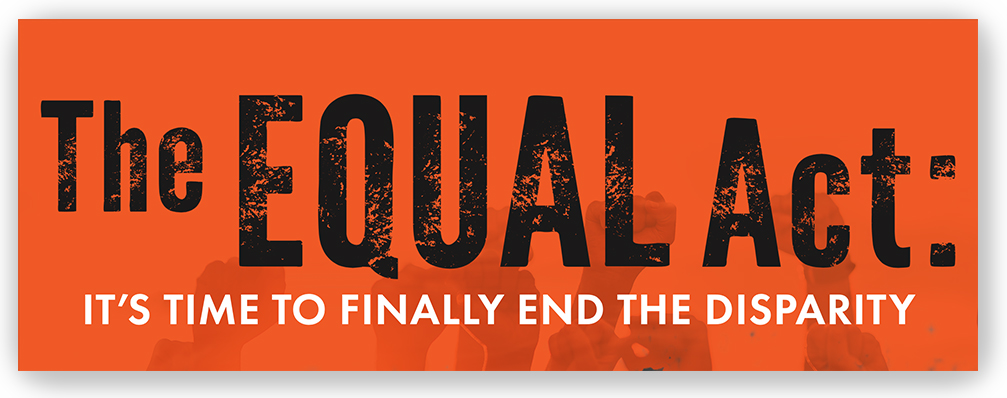We post news and comment on federal criminal justice issues, focused primarily on trial and post-conviction matters, legislative initiatives, and sentencing issues.

FEDERAL MARIJUANA REFORM GAINS TRACTION
 Donald Trump last week signaled support for a federal policy shift to reclassify marijuana as a less dangerous drug, putting his position in line with that of his Democratic opponent, Kamala Harris.
Donald Trump last week signaled support for a federal policy shift to reclassify marijuana as a less dangerous drug, putting his position in line with that of his Democratic opponent, Kamala Harris.
Unlike Harris, Trump has not gone so far as to endorse repealing federal pot prohibition, a move that voters overwhelmingly favor. But his statements on marijuana reform suggest he recognizes the political potency of this issue.
According to the US Cannabis Council, this marks the first time that both major-party presidential candidates have supported broad cannabis reform.
Trump, the Republican presidential nominee, posted on his social media platform last week that “I believe it is time to end needless arrests and incarcerations of adults for small amounts of marijuana for personal use… We must also implement smart regulations, while providing access for adults to safe, tested product.”
Trump also has said he supports the Biden administration’s plan to move marijuana from Schedule I of the Controlled Substances Act (CSA) – the most restrictive category – to Schedule III, which includes prescription drugs such as ketamine, Tylenol with codeine, and anabolic steroids. “As President,” Trump wrote, “we will continue to focus on research to unlock the medical uses of marijuana [as] a Schedule 3 drug.”
That reclassification would facilitate cannabis research and be a financial boon to the cannabis industry. However, the sale of marijuana would remain a criminal offense under the CSA.
 When Biden proposed rescheduling in October 2022, he promised to complete the job by the end of 2024. Two weeks ago, the Drug Enforcement Administration announced that it would hold a public hearing on the marijuana rescheduling ion December 2. That makes completing the rescheduling before 2025 unlikely.
When Biden proposed rescheduling in October 2022, he promised to complete the job by the end of 2024. Two weeks ago, the Drug Enforcement Administration announced that it would hold a public hearing on the marijuana rescheduling ion December 2. That makes completing the rescheduling before 2025 unlikely.
Last week, The Last Prisoner Project and bipartisan 420 Unity Coalition partners launched the #Countdown4Clemency campaign, calling on Biden to commute the sentences of an estimated 3,000 prisoners doing time for marijuana convictions.
“Time is running out on President Biden’s term, but it is not too late for him to undo the harms inflicted on families impacted by cannabis criminalization,” LPP Executive Director Sarah Gersten said. “With his clemency powers, the president has the opportunity to right history and restore justice by fulfilling his promise that no one should be in jail for cannabis.”
Associated Press, Trump signals support for reclassifying pot as a less dangerous drug, in line with Harris’ position (September 9, 2024)
Reason, Trump Endorses Federal Marijuana Reforms and Reiterates His Support for Legalizing Pot in Florida (September 9, 2024)
#Countdown4Clemency Campaign Calls on Biden to Keep Promise, Free 3,000 People Incarcerated for Cannabis (September 10, 2024)
Federal Register, Schedules of Controlled Substances: Rescheduling of Marijuana (89 FR 70148, August 29, 2024)
– Thomas L. Root







